DO YOU KNOW SOMEONE, OR EXPERIENCED FIRST HAND YOURSELF, THE STRUGGLES OF MENTAL ILLNESS IN THE WORKPLACE?
- Mental illness affects 4 million Australians and every day, eight Australians take their own life.
- Mental health disorders are invisible to the eye and it can be difficult to know if someone is suffering.
- The misunderstandings and prejudice that surround mental illness can prevent people from seeking the help they need.
- Mental illness in the workplace can affect people anywhere.
WORKCOVER QLD – STATUTORY CLAIMS AND PSYCHOLOGICAL INJURIES
In Queensland, if you are injured at work, you may have entitlements under WorkCover. WorkCover provides a no-fault scheme (that is, you do not need to show that your employer was negligent or to blame for your psychological injury). However, for your claim to be accepted at this stage, WorkCover needs to be satisfied that:
- You were a worker;
- You sustained a personal injury;
- It arose out of, or in the course of your employment;
- Your employment was a significant contributing factor to your injury;
- Your injury did not arise out of, or in the course of:
- reasonable management action taken in a reasonable way by the employer in connection with your employment; or
- your expectation or perception of reasonable management action being taken against you.
Definition of a Worker
A worker is an individual who works under a contract for service and is an employee for the purpose of assessment of pay-as-you-go tax (PAYG tax) withholding. This can include sub-contractors, but it is usually the standard employer/employee relationship where wages are paid in return for labour.
What injuries are covered?
All work-related personal injuries are covered by workers’ compensation insurance including physical, psychiatric, psychological disorders or an aggravation or such conditions.
Injury also includes diseases, aggravation of diseases, hearing loss and death.
What is a Psychological Injury?
A psychological injury includes a range of cognitive, emotional and behavioural symptoms that interfere with a worker’s life and can significantly affect how they feel, think, behave and interact with others.
Psychological injuries may include disorders such as depression, anxiety or post-traumatic stress disorder.
Psychological injuries must be diagnosed be diagnosed by a specialist doctor such as a Psychiatrist.
What can cause a psychological injury?
A psychological injury can be caused by several factors ranging from unsafe machinery and workplace accidents, to high job expectations and a lack of support from managers.
Injured during employment
Usually incident’s resulting in injury occur in the workplace, but there are several other circumstances that are covered by workers’ compensation insurance. For example, while the worker is:
- away from the place of employment in the course of the worker’s employment
- temporarily absent from the place of employment during an ordinary lunch break
- attending a trade, technical or other training school that the worker is expected to attend
What is Reasonable Management Action?
Reasonable management action, carried out in a reasonable manner, may be used as a defence or exception by employers in response to claims of alleged psychological injury.
The defence states that if an employee suffers a psychological injury as the result of management action, the employer will not be liable for that injury if the management action was reasonable and carried out in a reasonable manner.
Common examples of ‘reasonable management action’ and other acceptable workplace interactions:
- Reasonable comment, advice, administrative action or discussions with a staff member regarding their unsatisfactory work performance and/or inappropriate behaviour
- On-going meetings to address under-performance
- Allocation of work hours and rosters to meet work unit needs
- Implementation of organisational change or restructuring
- Modification of a staff member’s duties including transfers and redeployment
- Investigation of alleged misconduct
- Counselling or disciplining a staff member for misconduct/serious misconduct
- Refusing a staff member permission to return to work due to a medical condition
- Differences of opinion between colleagues or a staff member and their supervisor
- A direction to comply with the employer’s rules, policies and procedures
Common examples that is NOT ‘reasonable management action’ and other unacceptable workplace behaviours:
- Physical or verbal abuse towards a person or group of persons
- Yelling, screaming or offensive language
- Teasing or regularly making someone the brunt of pranks or practical jokes
- Spreading rumours or innuendo about someone
- Inappropriate comments about a person’s appearance, lifestyle or family
- Excluding or isolating a staff member
- Intimidation
- Setting timelines that are difficult to achieve or constantly changing deadlines
- Setting tasks that are unreasonably below or beyond the person’s skill level
- Withholding information that is vital for effective work performance
WORKCOVER QLD – STATUTORY CLAIMS
If you’ve sustained a psychological injury at work, you may be able to make a worker’s compensation statutory claim and/or common law claim.
How to make a WorkCover Statutory claim
You can lodge a claim for compensation by completing a WorkCover claim form and a WorkCover medical certificate.
The medical certificate must be obtained from a medical practitioner. The certificate must be lodged with the claim form. The documents can be lodged with WorkCover in a variety of ways including by post, in person, by telephone, fax or over the internet. The claim form must be truthfully completed.
A copy of the claim form should be served on your employer. You should also keep a copy of the documents and make a note the date your claim was lodged.
WorkCover has 20 business days after receipt of the claim form in which to decide whether to accept the application for compensation. WorkCover has the right to ask the worker to provide a statement and any other proof of the injury and its cause. The worker may also be asked to attend a medical appointment with a WorkCover doctor and must cooperate with such a request.
When will your WorkCover Statutory Claim come to an end?
If your statutory claim is accepted it will not remain open indefinitely. It will be finalised by WorkCover upon your injuries being classified as stable and stationary essentially, that your injuries will not improve, and that no further medical options are available. Unfortunately, WorkCover will rely on the opinion of their medical examiners in this regard even if these opinions conflict with the opinions of your treating doctors.
When your injuries are classified as stable and stationary, WorkCover may arrange for you to be assessed to determine your degree of permanent impairment and following that assessment, issue you with a Notice of Assessment.
Once received, the Notice of Assessment may include an offer of lump sum compensation.
WORKCOVER QLD – COMMON LAW CLAIMS
In order to bring a successful common law claim, you must prove that your injury was caused by your employers’ negligence. In other words, you must prove that your employer failed to ensure you were safe at work and failed to take proper care to prevent you from suffering injury. This concept is known as negligence.
When can I commence a WorkCover Common Law claim?
If your Statutory Claim has been accepted, you can commence a Common Law claim after the expiry of your Notice of Assessment.
If your Statutory claim has not been lodged, you may commence a Common Law claim in certain circumstances. You should seek legal advice regarding your options.
How to commence a WorkCover Common Law claim
You must complete and serve a Notice of Claim for Damages form on your employer and WorkCover Queensland to commence a Common Law claim.
QUEENSLAND MENTAL HEALTH WEEK
Queensland Mental Health Week (QMHW) occurs each year on 5 to 13 October.
This annual event aims to improve community awareness and interest in mental health and well-being, to shine a spotlight on what all of us can do to look after our mental health and reach out to those who need support.
QMHW is linked to National Mental Health Week and World Mental Health Day, which is held on 10 October every year.
This year’s theme is Take time — for mental health. Take time is about the simple yet proven things everyone can do to boost mental wellbeing! Take time is also about breaking down the stigma associated with mental illness and reaching out to people in our communities who need support.
For further information, visit the official website: https://www.qldmentalhealthweek.org.au/.
PLEASE SEEK HELP IF YOU STRUGGLE WITH MENTAL ILLNESS IN THE WORKPLACE
If you or someone you know needs someone to talk to you can contact:
Lifeline: 13 11 14
Beyond Blue: 1300 22 4636
SANE Australia: 1800 18 7263
HOW CAN EVOLVE LEGAL HELP ME?
Evolve Legal assists individuals with tailored legal advice to fit their individual needs. Call Evolve Legal today on 1300 025 101.
Posted in: Personal Injury
October 11 2019




